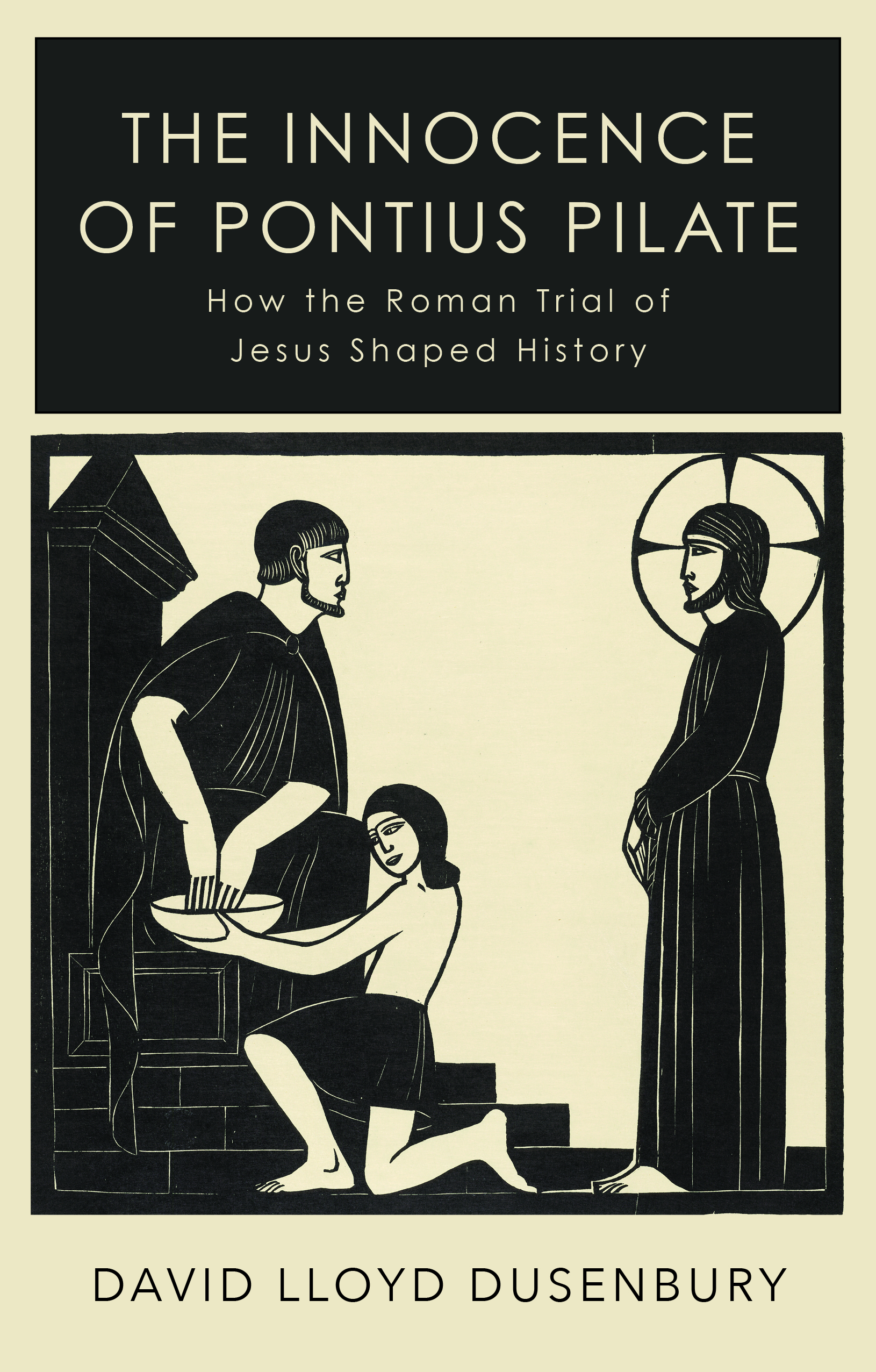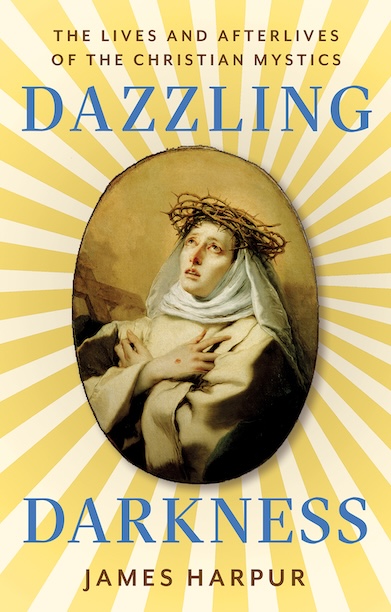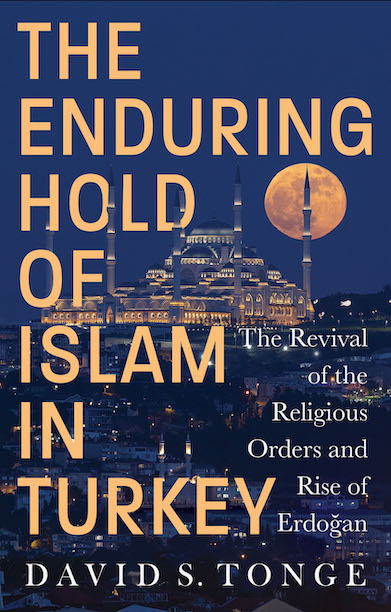The Innocence of Pontius Pilate
How the Roman Trial of Jesus Shaped History
How have Christianity and Empire been shaped by perceptions of Pilate’s role in the Crucifixion?
Description
The gospels and ancient historians agree: Jesus was sentenced to death by Pontius Pilate, the Roman imperial prefect in Jerusalem. To this day, Christians of all churches confess that Jesus died ‘under Pontius Pilate’. But what exactly does that mean?
Within decades of Jesus’ death, Christians began suggesting that it was the Judaean authorities who had crucified Jesus—a notion later echoed in the Qur’an. In the third century, one philosopher raised the notion that, although Pilate had condemned Jesus, he’d done so justly; this idea survives in one of the main strands of modern New Testament criticism. So what is the truth of the matter? And what is the history of that truth?
David Lloyd Dusenbury reveals Pilate’s ‘innocence’ as not only a neglected theological question, but a recurring theme in the history of European political thought. He argues that Jesus’ interrogation by Pilate, and Augustine of Hippo’s North African sermon on that trial, led to the concept of secularity and the logic of tolerance emerging in early modern Europe. Without the Roman trial of Jesus, and the arguments over Pilate’s innocence, the history of empire—from the first century to the twenty-first—would have been radically different.
Reviews
‘David L. Dusenbury’s The Innocence of Pontius Pilate is a model of intelligent, accessible and persuasive scholarship.’ — The Spectator
‘For the first time establish[es] the scale and nature of the propaganda battles that raged in the final decades of pagan control of the empire. … a groundbreaking book.’ — The Independent
‘[A] startlingly original book.’ — History Today
‘A well-researched and erudite work.’ — Morning Star
‘This scholarship will change the debate … Inquiry into the interpretation history of Jesus’s Roman trial cannot be the same after Dusenbury’s work.’ — The Church Times
‘I can put a solid bet down that most of us don’t spend a lot of time thinking about the role of Pontius Pilate in the death of Jesus. Thankfully, David Lloyd Dusenbury has put in the hours and the results are startling. It turns out that it really matters what we think about this key event in the passion narratives. Why? Because that trial set the pattern for much of Western Law and because it served to muddy the waters about the roles of the secular state and the kingdom of God.’ — Rev Steve Morris, The Critic
‘A dazzlingly clever book.’ — The Tablet
‘Dusenbury has produced a fascinating book that moves effortlessly across seventeen centuries of intellectual history… a real page-turner—a rarity for intellectual histories.’ — The New Criterion
‘Astounding, illuminating.’ — First Things
‘Dusenbury’s dense, erudite book is not only a historical account and an exercise in theological exegesis; it is also a veiled commentary on our contemporary religious landscape.’ — Tomiwa Owolade, UnHerd
‘[The Innocence of Pontius Pilate] contributes to a very interesting history of our disputed and entangled conceptions of secular power and spiritual kingdom and the nature and location of political sovereignty.’ — Catholic Herald
‘Mr Dusenbury’s wide erudition that stretches from ancient history to the political philosophies of Hobbes and Rousseau masters the complexities of the story, while his elegant, lucid prose guides the general reader through them.’ — The Irish Catholic
‘A treat for the philosophically literate, The Innocence of Pontius Pilate is a book about the interpretation of texts and the history of ideas and takes the reader on a journey through periods of European thought and literature from antiquity… to the Renaissance.’ — Transforming Ministry Magazine
‘An original, compelling contribution that brims with erudition. A work of real sweep and ambition.’ — Paul du Plessis, Professor of Roman Law, University of Edinburgh
‘A quite exceptional study, showing in exemplary detail how the narrative of Jesus’ trial generates an entirely new vision of the politics of human power and divine justice, and of the very nature of law. A unique contribution to political theology and biblical interpretation—learned, impassioned and nuanced.’ — Rowan Williams, former Archbishop of Canterbury
‘At breathtaking pace, Dusenbury takes us through a dazzling gallery of European theologians, philosophers and legal theorists, from St Paul to Rousseau and beyond. The boldness and brilliance of his argument are matched by his astonishing, Borgesian erudition. A masterpiece.’ — Guy Stroumsa, Professor Emeritus of the Study of the Abrahamic Religions, University of Oxford, and Martin Buber Professor Emeritus of Comparative Religion, The Hebrew University of Jerusalem
‘A fascinating treatment of how interpretations of the trial of Jesus have greatly informed Western understanding of law, of religion and of the secular.’ — John Milbank, Emeritus Professor of Theology and Religious Studies, University of Nottingham
Author(s)

David Lloyd Dusenbury is a philosopher, historian of ideas, Times Literary Supplement contributor and senior visiting fellow at Budapest's Danube Institute. The author of Platonic Legislations; and of I Judge No One and The Innocence of Pontius Pilate (both published by Hurst), he is also Chair for Jewish-Christian Relations at the University of Antwerp and the University Centre Saint-Ignatius Antwerp.






